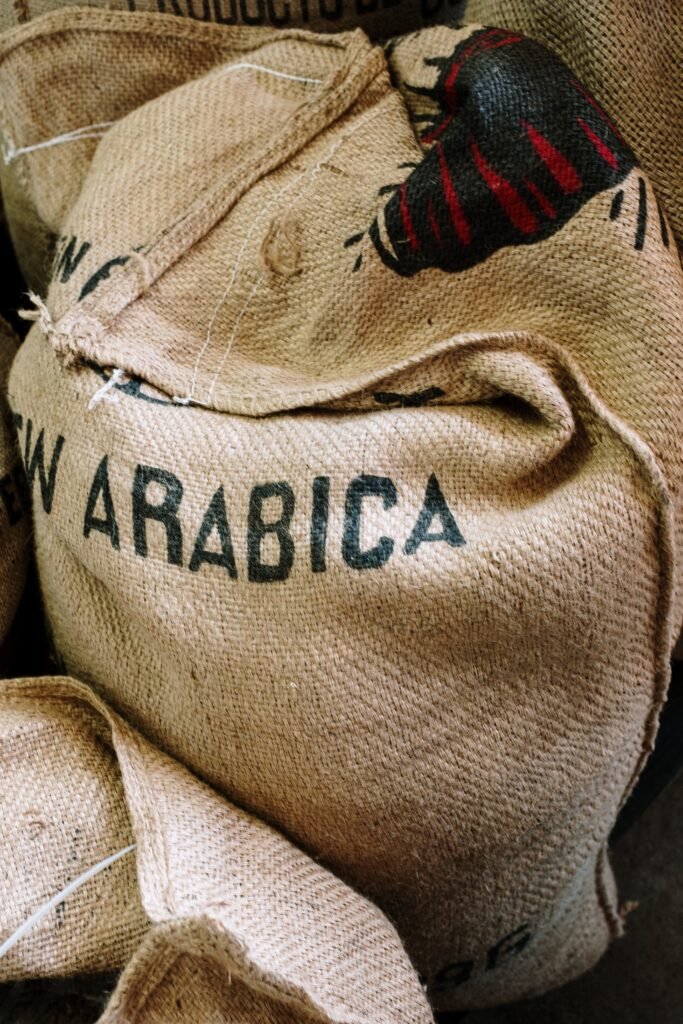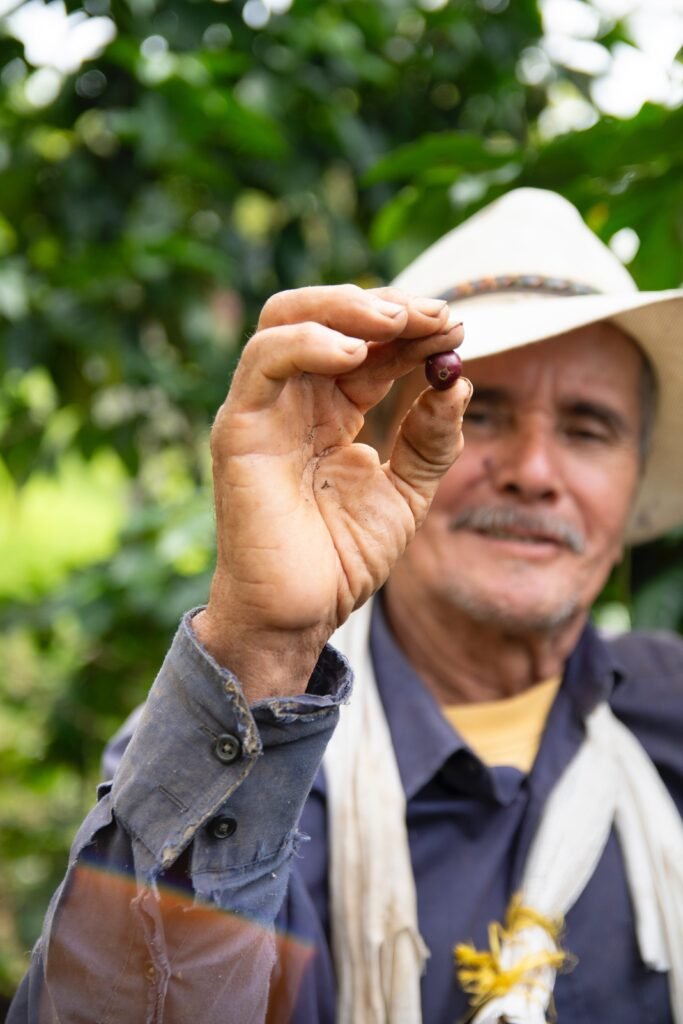
Coffee lovers around the world are well aware of the rich and flavorful coffee that comes from Colombia.
But did you know that there are two main varieties of coffee beans grown in Colombia? Arabica and Robusta are the two contenders in the Colombian coffee clash, each with its own unique characteristics and flavors.
In this article, we will delve into the differences between Arabica and Robusta coffee beans and uncover the magic behind these two popular varieties.
Coffee lovers around the world are well aware of the rich and flavorful coffee that comes from Colombia. But did you know that there are two main varieties of coffee beans grown in Colombia? Arabica and Robusta are the two contenders in the Colombian coffee clash, each with its own unique characteristics and flavors. In this article, we will delve into the differences between Arabica and Robusta coffee beans and uncover the magic behind these two popular varieties.
The Battle of the Beans: Arabica vs Robusta
Arabica and Robusta are the two most widely cultivated species of coffee in the world. While both are grown in Colombia, they have distinct differences that set them apart.
1. Flavor Profile
Arabica coffee is known for its delicate and complex flavor profile. It offers a wide range of flavors, including fruity, floral, and even chocolatey notes. The acidity of Arabica coffee is often described as bright and lively, adding a pleasant tang to the overall taste.
On the other hand, Robusta coffee is known for its strong and bold flavor. It has a higher caffeine content and a more bitter taste compared to Arabica. Robusta is often used in espresso blends to provide a rich and intense flavor.
2. Growing Conditions
Arabica coffee beans thrive in higher altitudes, typically between 2,000 and 6,000 feet above sea level. The Colombian Andes provide the perfect environment for growing Arabica beans, with their rich volcanic soil and cool temperatures. The high altitude and cooler climate contribute to the development of the complex flavors found in Arabica coffee.
Robusta coffee, on the other hand, can tolerate a wider range of growing conditions. It is grown at lower altitudes, usually below 2,000 feet above sea level. Robusta beans are more resistant to pests and diseases, making them easier to cultivate.
3. Caffeine Content
Robusta coffee beans contain almost twice as much caffeine as Arabica beans. This higher caffeine content gives Robusta coffee a stronger kick and makes it the preferred choice for those seeking a caffeine boost. However, it’s important to note that the caffeine content can vary depending on the brewing method and roast level.
4. Price and Availability
Arabica coffee is generally more expensive than Robusta coffee. The higher price is due to the more delicate growing conditions required and the labor-intensive nature of cultivating Arabica beans. Arabica coffee is also in higher demand globally, making it more widely available in specialty coffee shops and supermarkets.
Robusta coffee, on the other hand, is more affordable and readily available. It is often used in commercial blends and instant coffee due to its lower cost and higher caffeine content.
The Colombian Coffee Experience
Colombian coffee is renowned for its high quality and distinct flavors. The country’s unique geography and climate provide the perfect conditions for growing exceptional coffee beans.
Whether it’s the delicate and complex flavors of Arabica or the bold and intense taste of Robusta, Colombian coffee offers a wide range of options for coffee enthusiasts.

When it comes to choosing between Arabica and Robusta coffee, it ultimately comes down to personal preference. If you enjoy a more nuanced and complex flavor profile, Arabica is the way to go. On the other hand, if you prefer a stronger and bolder cup of coffee, Robusta is the perfect choice.
So, the next time you sip on a cup of Colombian coffee, take a moment to appreciate the magic behind the beans. Whether it’s the Arabica’s delicate flavors or the Robusta’s boldness, Colombian coffee offers a truly remarkable coffee experience.